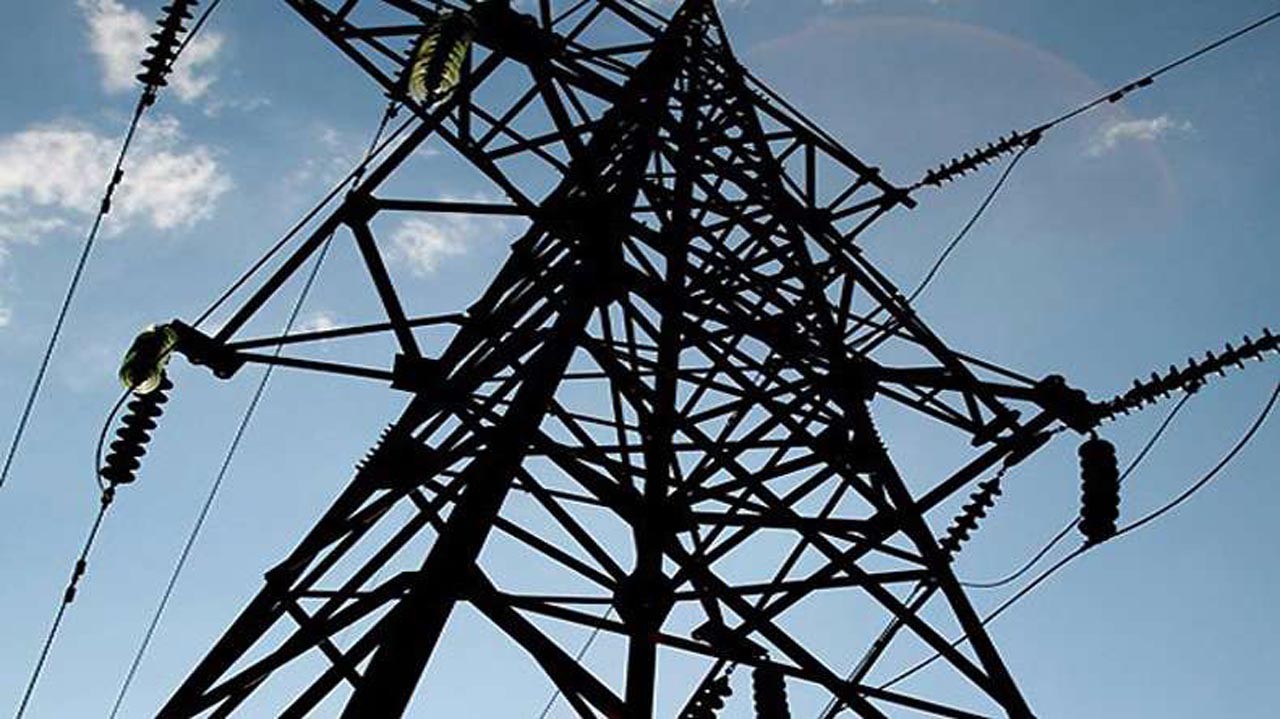The Association of Power Generation Companies has disclosed that the transmission of electricity across the country is still weak despite the interventions and claim by the Transmission Company of Nigeria that it currently has the capacity to wheel over 8,000 megawatts of power.
The transmission company had reportedly invested about $1.63bn recently to improve the nation’s electricity transmission infrastructure.
However, according to GenCos, Nigeria’s transmission network is weak because its maximum wheeling capacity is not more than 5,500MW, whereas the available generation capacity from Gencos is more than 7,500MW.
The Managing Director of TCN, Mr Usman Mohammed, had repeatedly declared that the transmission company had increased its wheeling capacity considerably in the last three years.
Mohammed had often announced that the massive investments by the Federal Government and multilateral agencies on the expansion of Nigeria’s power transmission grid, and that these investments, most of which were under the Transmission Expansion Rehabilitation Programme, had risen to about $1.63bn.
“This has led to a rise in the country’s power transmission capacity from about 5,000MW three years ago to 8,100MW,” the TCN boss had explained.
This, however, did not conform to the position of GenCos, as they disclosed that power transmission was weak and that this had been affecting the operations of Gencos adversely.
“Gencos are caught in the middle of a weak transmission network and a poor commercial market structure,” the Executive Secretary, Association of Power Generation Companies, Joy Ogaji, stated.
Ogaji said, “Instances abound where Gencos have had to resort to means other than the electricity market to support the gas and other services just to put power on the grid.”
She revealed that the technical and operational inefficiencies by TCN and power distributors negatively impact the Gencos in different ways.
The Gencos spokesperson said, “With a total available generation capacity of more than 7,500MW and maximum wheeling capacity of not more than 5,500MW, there will always be a recurring instance of about 2,000MW idle generation.
“Idle generation represents capital investment not able to yield revenue that will hence impact the ability of the Gencos to support efficient operations and service loans used in developing the power plants.
“Out of the meagre 5,500MW of transmission wheeling capacity, the Discos have not proven to be able to distribute more than 4,500MW, continuously leaving yet another 1,000MW of generation capacity unutilised.”
She pointed out that the installed capacity for grid-connected power plants in Nigeria was over 13,000MW, available generation capacity over 7,500MW, while the average actual generation was about 4,000MW.
Sign in
Welcome! Log into your account
Forgot your password? Get help
PRIVACY POLICY PAGE
Password recovery
Recover your password
A password will be e-mailed to you.












